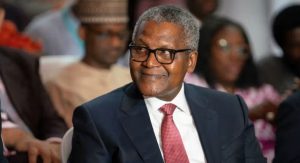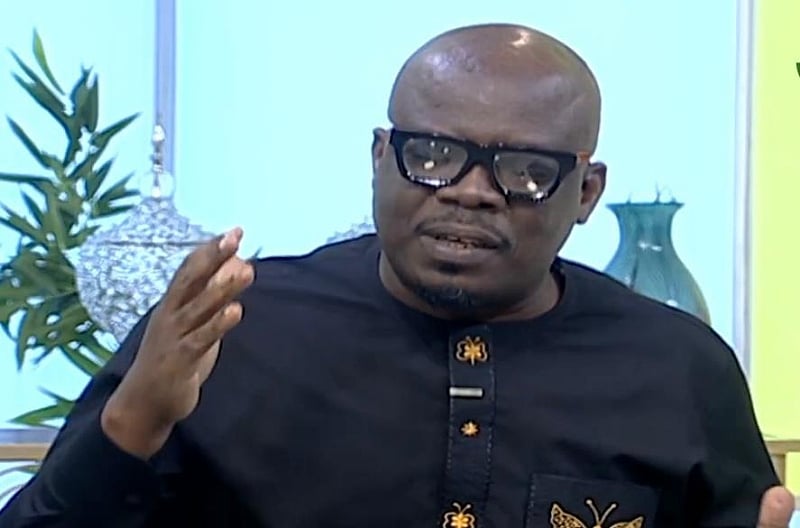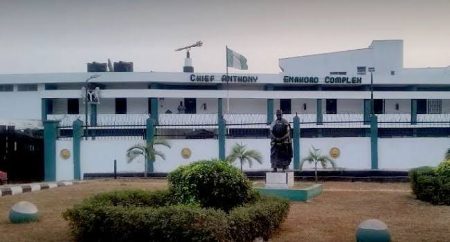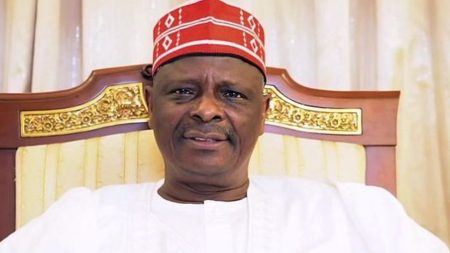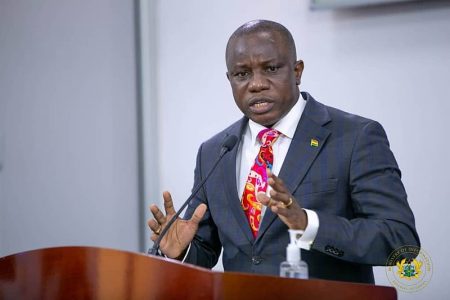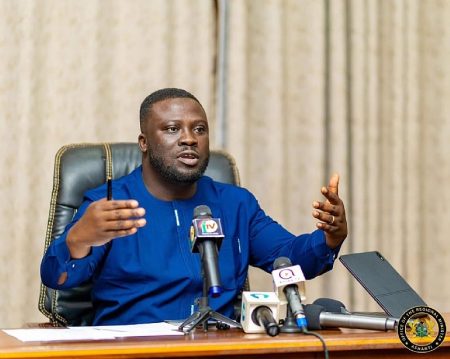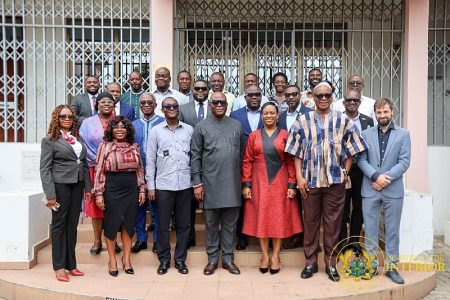Ebo Buckman, a prominent figure within the Movement for Change, has launched a scathing critique of the New Patriotic Party (NPP), particularly its parliamentary minority caucus, for what he perceives as a lack of strategic thinking in the wake of its devastating defeat in the 2024 general elections. Buckman contends that the NPP’s actions, such as boycotting the 2025 mid-year budget review, are not only ineffective but also counterproductive, reinforcing the narrative of the National Democratic Congress (NDC)’s superior political acumen. He argues that the NPP’s confrontational approach is alienating potential voters, especially given the NDC’s current wave of public support, and predicts even more significant losses for the NPP if elections were held in the near future.
Buckman’s central argument revolves around the NPP’s inability to adapt to its new role as the opposition party. He points to the NDC’s strategic maneuvering and capitalizing on public goodwill, contrasting it with the NPP’s seemingly impulsive and reactive behavior. The boycott of the budget review, in his view, serves as a prime example of this strategic miscalculation. Instead of engaging constructively and offering alternative solutions, the NPP’s boycott reinforces the perception of obstructionism and further isolates them from the electorate. He emphasizes that challenging a popular government head-on, without a clear and compelling alternative vision, risks being perceived as opposing the will of the people.
Furthermore, Buckman highlights the widening gap between the NPP and the public sentiment. He argues that the NDC is currently enjoying a period of strong public support, likely due to perceived effective governance or policy implementation. In this context, he suggests that the NPP’s combative stance appears not only ineffective but also out of touch with the prevailing public mood. This disconnect, he warns, could further erode the NPP’s support base, leading to even more significant losses in future elections. He projects a scenario where the NPP loses not only more seats in Parliament but also a further decrease in their overall vote share, painting a bleak picture of the party’s future prospects if they fail to recalibrate their strategy.
The criticism extends beyond mere strategic missteps to encompass a broader indictment of the NPP’s leadership, both within Parliament and at the national level. Buckman characterizes the parliamentary leadership as a “big failure,” accusing them of lacking direction and failing to effectively represent the party’s interests. He also points to the absence of strong national leadership, portraying the party as “headless and lawless.” This leadership vacuum, he argues, has contributed to the party’s current state of disarray and its inability to mount a credible opposition to the ruling NDC. He suggests that the lack of clear direction and internal cohesion within the NPP is not only detrimental to the party itself but also poses a threat to the broader democratic landscape.
Buckman’s critique paints a picture of a party struggling to adapt to its role in opposition and grappling with internal divisions. He calls for a fundamental shift in the NPP’s approach, advocating for a more strategic and nuanced engagement with the political landscape. He suggests that the party needs to move beyond mere opposition and present itself as a viable alternative government, offering concrete solutions to the challenges facing the nation. This, he argues, requires strong and effective leadership, both within Parliament and at the national level, capable of unifying the party and articulating a compelling vision for the future.
In essence, Buckman’s message is a call for introspection and reform within the NPP. He urges the party to critically assess its current trajectory, address its leadership deficiencies, and adopt a more strategic approach that resonates with the electorate. His warning of further electoral decline serves as a stark reminder of the consequences of failing to adapt to the changing political dynamics and the importance of effective leadership in navigating the complexities of a democratic system. He implicitly suggests that the NPP’s survival as a relevant political force hinges on its ability to heed these warnings and embark on a course correction.


